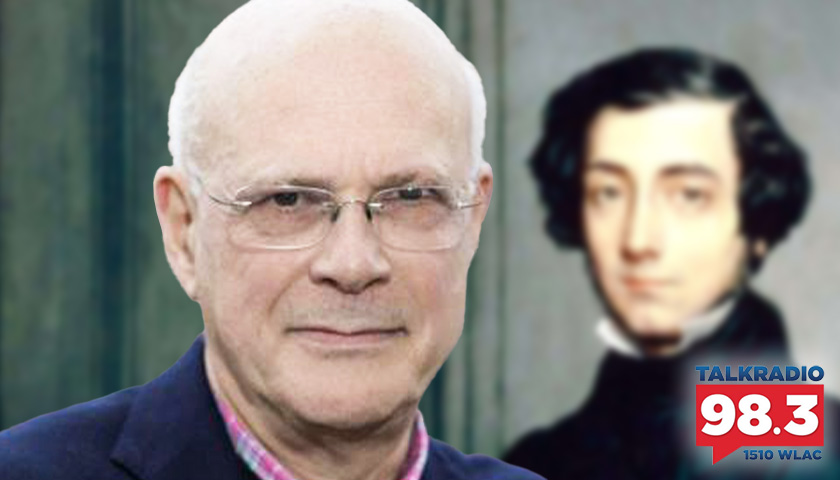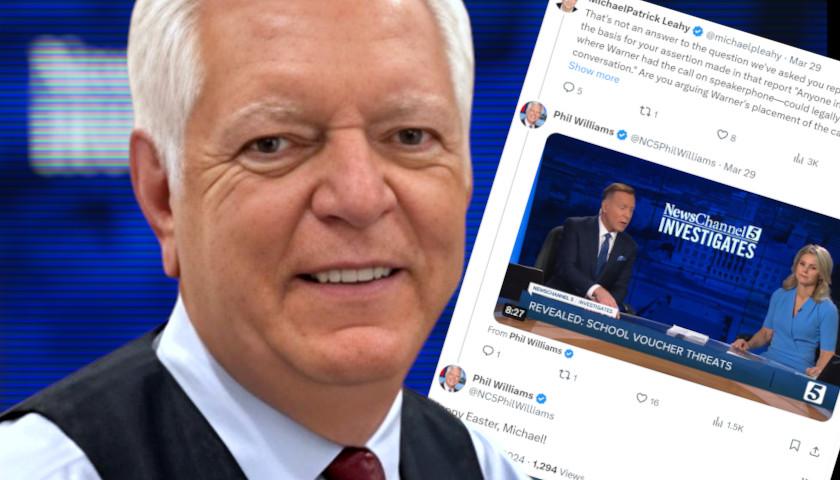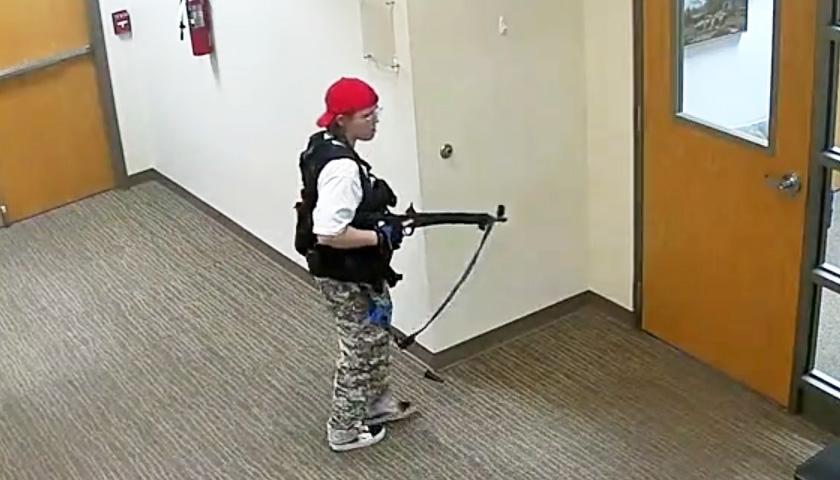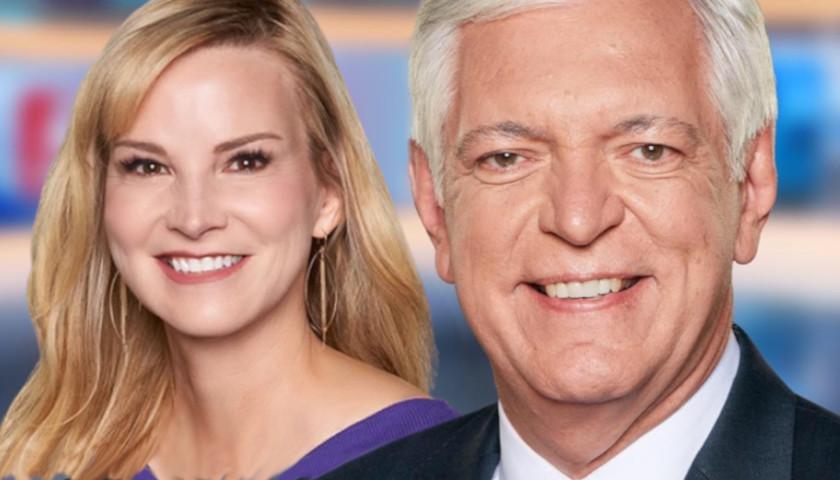Live from Music Row Tuesday morning on The Tennessee Star Report with Michael Patrick Leahy – broadcast on Nashville’s Talk Radio 98.3 and 1510 WLAC weekdays from 5:00 a.m. to 8:00 a.m. – host Leahy welcomed University of Virginia James Madison History Professor Olivier Zunz to the newsmaker line to discuss his recent book, The Man Who Understood Democracy, which explores the travels of French sociologist Alexis de Tocqueville through America in the 1800s and his impressions of the country.
Leahy: We are joined on our newsmaker line right now by Professor Olivier Zunz at the University of Virginia, the author of a fabulous book I’ve read, The Man Who Understood Democracy: The Life of Alexis de Tocqueville. Welcome, Professor Zunz.
Zunz: Well, thank you for having me.
Leahy: You, as we can tell from your accent, are a native of France, and you came …
Zunz: That’s correct.
Leahy: … you came over here and you’re studying at Princeton. Is that where you studied after you studied in Paris?
Zunz: Yes, I came to Princeton in the late ’60s. And I was at Michigan for five years, and then I was on the faculty at UVA for 43 years.
Leahy: You must have some kind of connection to Alexis de Tocqueville, of course, the Frenchman who spent nine months here in the United States between 1831 and 1832 and wrote some of the best political works ever, Democracy in America, volume one and volume two. Do you feel a connection to Alexis de Tocqueville?
Zunz: Actually, I’m glad you asked that question, because in fact, I do, largely because I’ve studied him for so many years. But also, de Tocqueville was a wonderful correspondent.
I think he wrote several letters a day to people in Europe, friends and connections and intellectuals around the world, as well as family members, and correspondence of many kinds.
And I’ve read all these letters and I could sense his sincerity, his convictions, and sincerity boosting his convictions and his doubt. And so that created kind of a connection. When you write somebody’s biography, you end up by making the person a friend.
Leahy: Exactly. Now, speaking of friends, he spent some time in Tennessee in December of 1831. Let me read a little bit from your book. He wasn’t all that impressed with Tennessee. He was traveling from Cincinnati.
He tried to go down the Ohio [River], it was frozen. He had to walk in snow for 25 miles to reach Louisville. They couldn’t get out from Louisville on the Ohio River, wasn’t navigable. They tried to get in the Cumberland, couldn’t do that.
So they took a coach, and they went down and crossed the Tennessee River, a little place called Big Sandy. It’s now called Hollow Rock. It’s about 90 miles west of where we are right now.
Reading from your book, his friend Beaumont and traveling companion had helped him and found refuge for them at Sandy Bridge, now a little town called Hollow Rock in Carroll County, in the primitive log cabin of postmaster Zephaniah Harris and his wife Martha during the four frigid days it took for de Tocqueville to recover enough strength to move on. He had his only opportunity to experience slavery up close, albeit slavery practiced on a small scale.
De Tocqueville realized that even poor whites took full advantage of owning slaves. “In this impoverished setting, our host nevertheless did the honors of his house easily and courteously. Not that he lifted a finger himself.” Your thoughts on that part of de Tocqueville’s trip?
Zunz: Well, I’m glad you mention this. Of course, it was one of the hardest parts of the trip. It was the coldest winter on record. Alexis got sick. Fortunately, his friend was able to take care of him, and then this postmaster and his wife. But, yes, they welcomed them in the log cabin. And, yes, they had slaves. They were poor whites with slaves.
De Tocqueville had this wonderful line in Democracy in America, and he went down the Ohio River, dividing the country between freedom and slavery: freedom on one side of the river, slavery on the other; work on one side, idleness on the other; prosperity on one side, poverty on the other. My larger thought is that it was the only time from the experience … because he never visited a large plantation, even though he entered one briefly going down the Mississippi.
Leahy: Yes. He didn’t have the experience dealing with the large plantation-style slavery at that time. Hey, if you can hold on through the break, we’re speaking with Professor Olivier Zunz on his biography of Alexis de Tocqueville. When we come back, we’ll talk more about what the impact of that book he wrote about that travel, Democracy in America, was.
Listen to the interview:
– – –
Tune in weekdays from 5:00 – 8:00 a.m. to The Tennessee Star Report with Michael Patrick Leahy on Talk Radio 98.3 FM WLAC 1510. Listen online at iHeart Radio.
Photo “Olivier Zunz” by University of Virginia. Background Photo “Alexis Charles Henri Clérel de Tocqueville” by Théodore Chassériau.









“Professor Oliver Zunz Discusses His Autobiography About Alexis de Tocqueville”, autobiography?